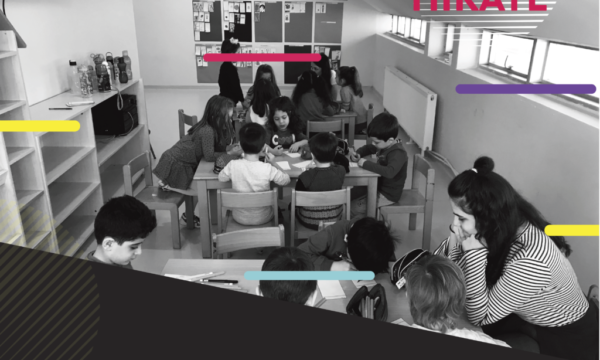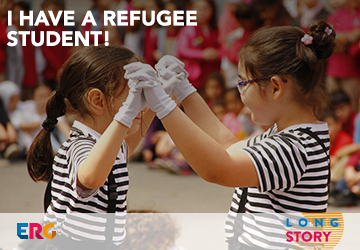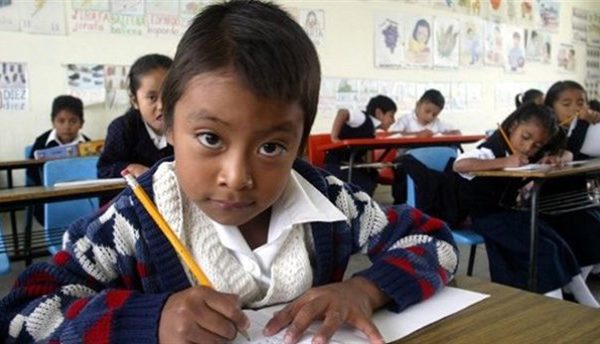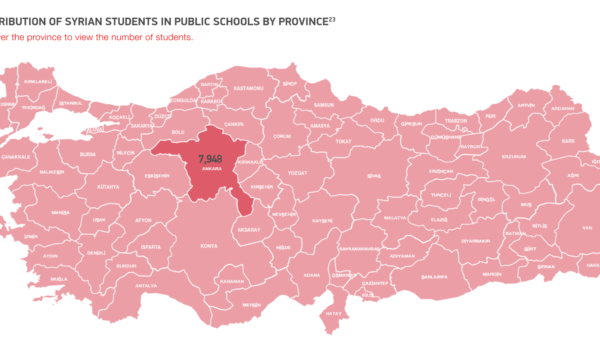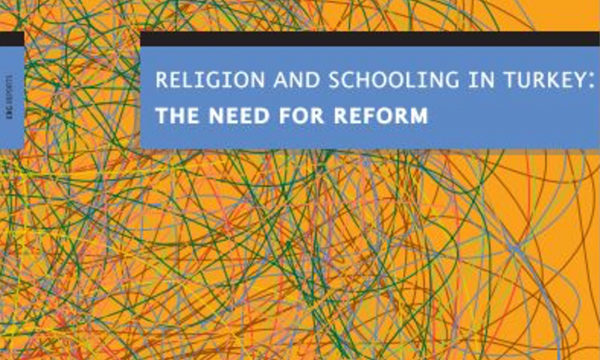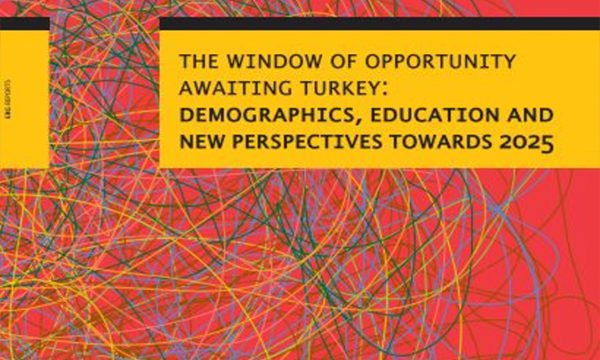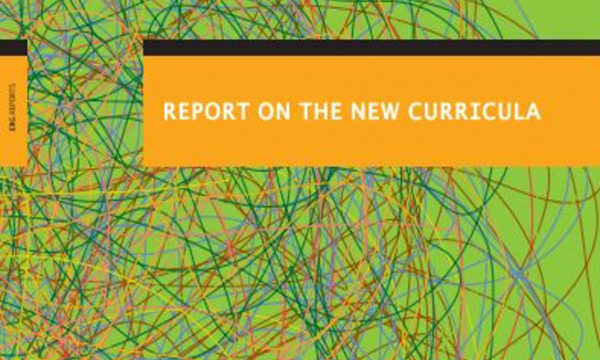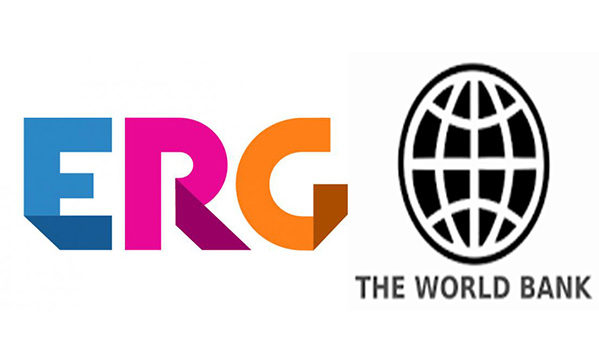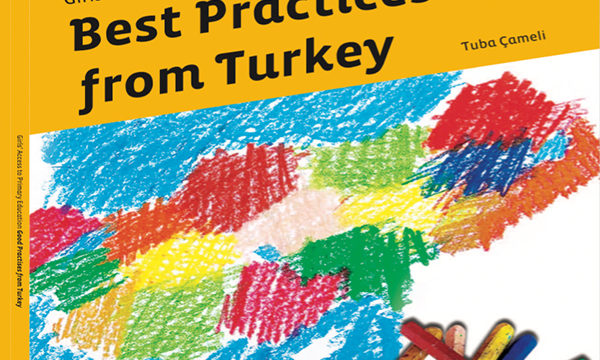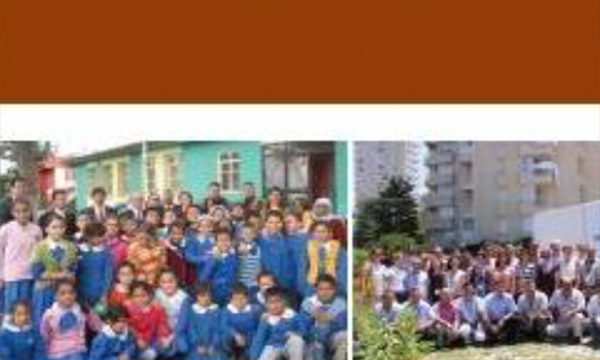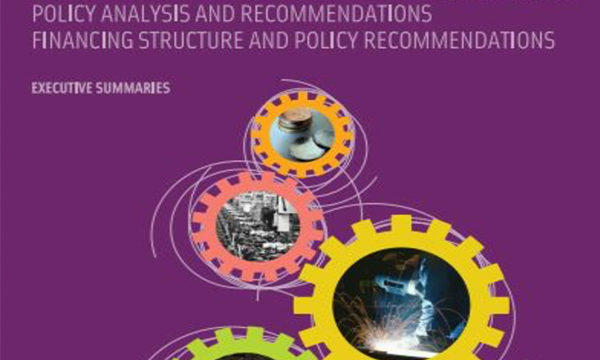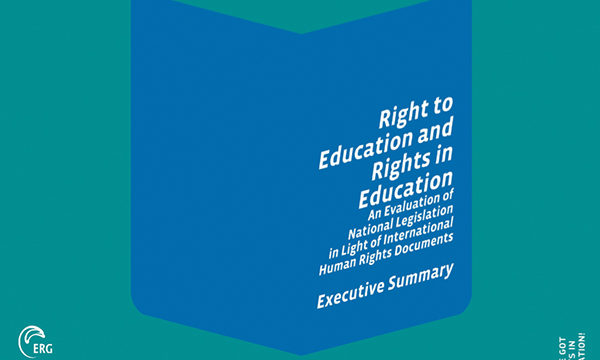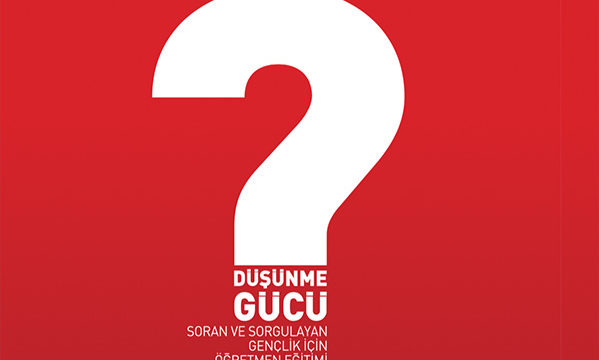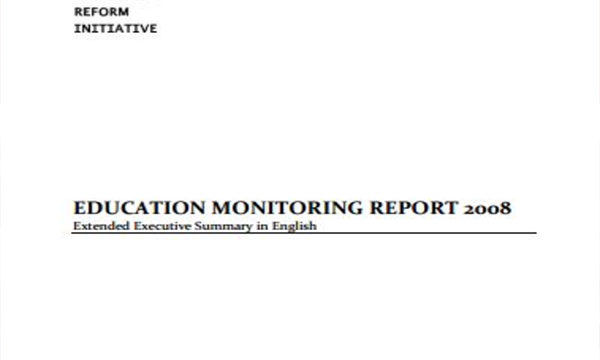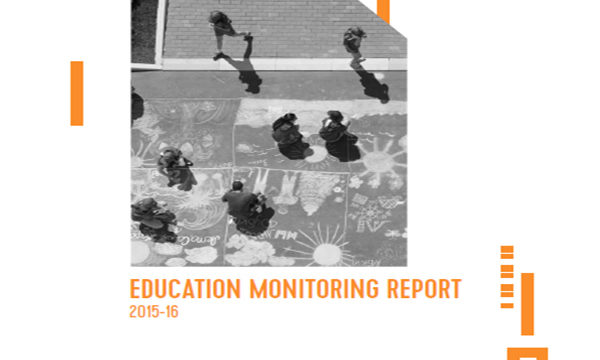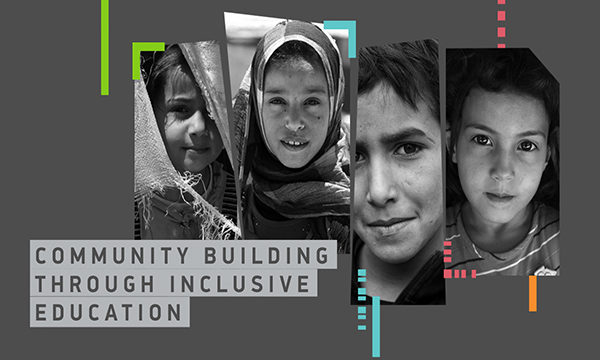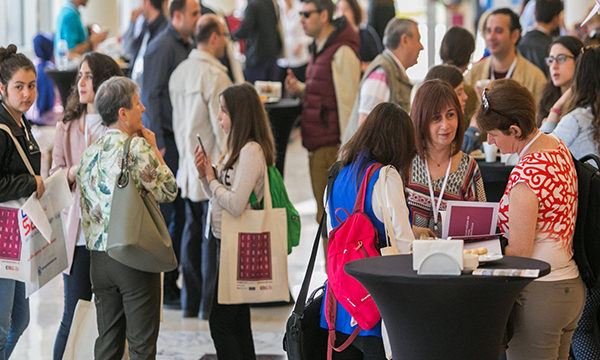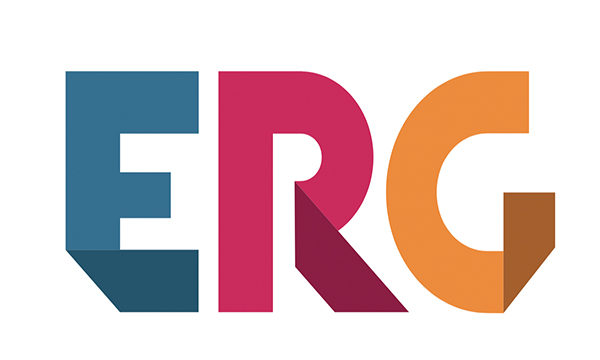Today’s Zaman
A report released by the Education Reform Initiative (ERI) of Sabancı university, based on the 2014-2015 academic year, has outlined that the demand for state schools in Turkey is diminishing, while there is an increase in demand for private schools.
The ERI released its eighth report on Turkish education at a press conference held at Sabancı University in İstanbul on Wednesday. The report, which has been released annually since 2008, examines four components of the education system: students, teachers, curriculum and classrooms.
The report states that while there’s a significant increase in the number of schools, students and teachers in private institutions in general, this is not the case for state education institutions.
According to the ERI, there has been a 10 percent increase in the number of private primary school students, while the number of state school students decreased by 3 percent in the 2014-2015 academic year. The number of students in state secondary schools decreased by 5 percent, while the number of students in private secondary schools increased by 15 percent.
Speaking at the press conference, Işık Tüzün, a coordinator at the ERI, noted that the facts in the reports do not undergo drastic changes from year to year, despite many changes that have taken place in the Turkish education system since 2008. “We [educators] are forced [by the government] to talk about accessing education only through the schooling rate [of the country]. [The government’s education] policy still does not prioritize those who are disadvantaged and thus it cannot remove the inequality [between state schools] in different areas. They do not attach the necessary importance to the qualifications of teachers and the quality of education.”
The government has recently been expending considerable resources inspecting schools. However, it appears that they have only been inspecting private educational institutions sympathetic to the Gülen movement, a faith-based movement inspired by the teachings of Turkish Islamic scholar Fethullah Gülen. In August, Today’s Zaman reporters exposed the poor condition of state schools by pointing out that many of them fail to meet even basic health and safety requirements.
A number of private and prep schools that are sympathetic to the Gülen movement were targeted by the Justice and Development Party (AK Party) after a major graft investigation was made public on Dec. 17, 2013. The probe implicated then-Prime Minister Recep Tayyip Erdoğan and other top AK Party figures. Erdoğan, who has since been elected president, accused the Gülen movement of plotting to overthrow his government. The movement strongly rejects the allegations and no indictment has been brought against it.

